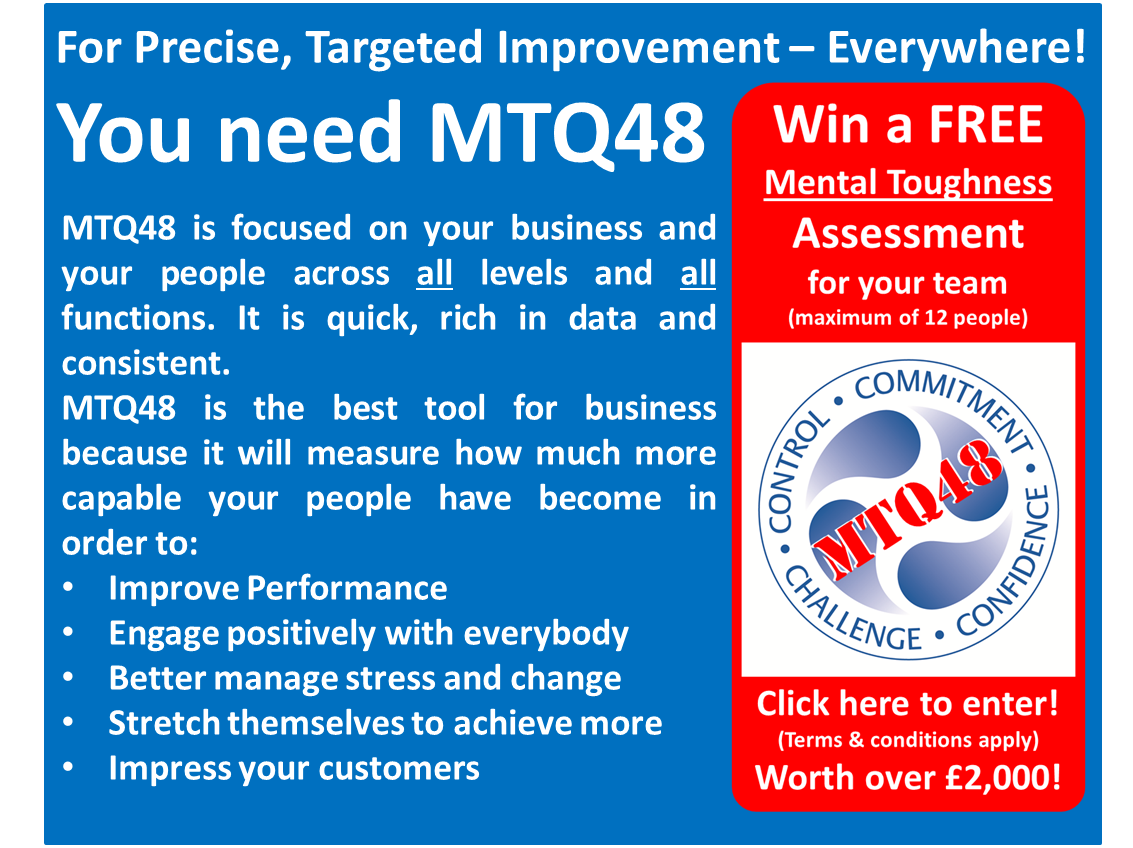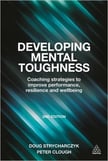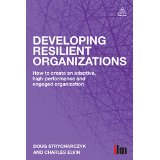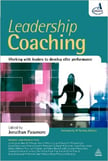Active Listening - Needs More Than Your Ears!

Active Listening is something that some people find difficult to grasp. Active listening is about ensuring and confirming understanding
Have you ever asked the question of someone close to you "Are you listening to me?"
I have found that we believe we hear, and we believe we understand, without any reference point other than ourselves.
For example, you ask someone to do something and they say "Okay, I'll do that later, I need to finish this first". There are a few problems here already!
- When is later?
- What will you actually do?
- Is what they are doing more important?
- Do they really know what you want them to do?
When we ask someone to do something we have a mental 'picture' in our head of what that something looks like. Likewise, if you are asked to do something, the person asking has their mental 'picture'.
This 'picture' is more than just a 2D image, it has other facets that we need to consider, such as emotions, beliefs and values.
Active Listening is about making sure your vision of something and the other persons vision are closely aligned, we all know what happens if they are not!
We need to use questioning and observation as part of Active Listening: questioning our understanding by restating what you believe has been said, probing into what the other persons something looks like, observing the body language as we restate to look for physical signs of agreement
As business leaders we should always be striving to understand what the WHOLE picture is all about.








